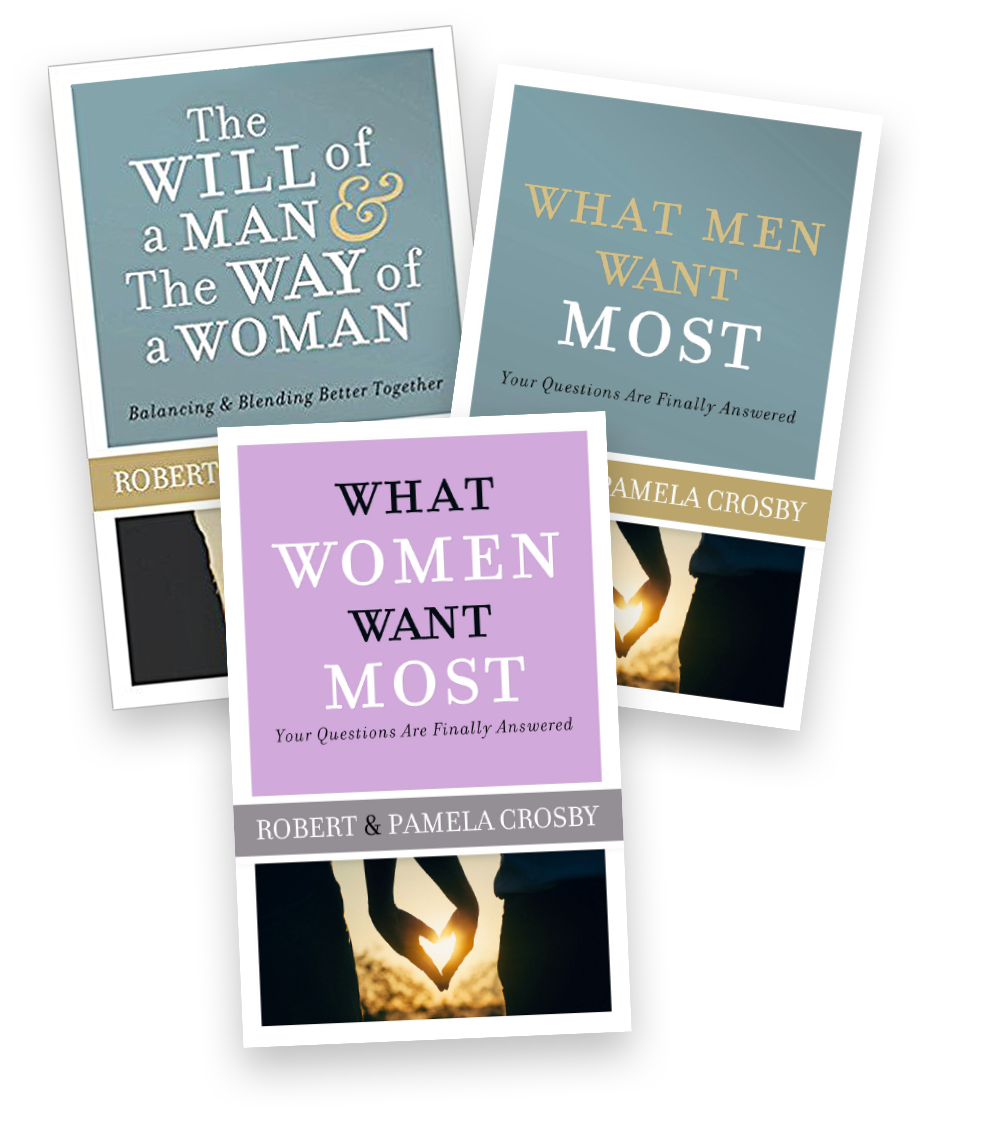No More Jiminy Cricket: Reflections on Conscience
In the beloved classic Pinocchio, the puppet that wanted so to be a “real boy” was devoid of one essential component – a “conscience.” Since he did not come equipped with one, a lovable, and sometimes irritable, companion named Jiminy Cricket entered the puppet’s world and, for a time at least, assumed that role. Jiminy was Pinocchio’s constant companion forever dictating advice on the “good” and the “bad” in the potential choices he faced. Depending on Pinocchio’s response, the benefits and consequences that ensued in the story proved Jiminy’s judgments right again and again.
More than any other New Testament writer, Paul gave clear teaching on the function of the conscience. The conscience seems a mystery to us today, but the Bible is clear and direct regarding its function and importance. The Random House Collegiate Dictionary defines conscience as “the testimony and judgment of the soul which gives approval or disapproval to the acts of the will. It is a special activity of the intellect and emotions which enables one to distinguish between good and evil.” Paul said, “I strive to always keep my conscience clear between God and man . . .” (Acts 24:16).
 Conscience is a wisdom gift from God to us. . .sort of a internal safety monitor. It is our chance to be a co-witness with God . . .to sit in a seat of judgment with Him over the options and situations in our lives.
Conscience is a wisdom gift from God to us. . .sort of a internal safety monitor. It is our chance to be a co-witness with God . . .to sit in a seat of judgment with Him over the options and situations in our lives.
The conscience has no power of its own to decide. It cannot force the will It simply delivers its verdict. Like a thermometer, it detects and indicates temperature but never causes or modifies that temperature.
A conscience was given to every one of us as a kind of spiritual compass. At creation the delicate magnet on the needle tip within the compass was carefully positioned by our Father Creator to draw us in the right direction, but when man sinned in the Garden it fell dangerously out of place. Now, as a result of that fall, “there is a way that seems right to man, but the end of it is death” (Proverbs 16:25). Thank God, Jesus came and died for you and me to forgive our sins and to cleanse our consciences by his shed blood. And by the renewing work of his Word, our spiritual compasses are restored.
Our conscience, in a sense, is the storehouse of wisdom. As God teaches us his principles and standards through Scripture and the leading of his Spirit, the conscience is the part of us that holds a record within. When we are faced with a choice, an opportunity or a temptation, a “good conscience” faithfully reminds the believer of the “good” and the “bad.” Paul himself even defined a “mature” Christian as a person who knew how to respond correctly to their conscience: “the mature, who have some practice in telling right from wrong” (Hebrews 5:14b; The Message).
2 Types of Consciences
Zoom in on what the Bible says about the conscience and you will soon see that there are two types. One is a Condemning Conscience and the other a Commending Conscience; One is extremely dangerous and the other a great gift. It is crucial that we look at both of these and then at ourselves.
A Condemning Conscience.
Someone with a “weak conscience” (1 Cor. 8:7-12) is like a compass with a weak magnetic current. Its needle tends to vacillate. Instead of honing in securely on wisdom’s “True North”, it seems to flutter nervously between confused and fearful.
Often the possessor of a “weak conscience” is constantly tormented, often guilt-ridden and sometimes finds himself struggling with unbelief. Reasons for a “weak conscience” often include a lack of Word-knowledge and/or a will that is unsurrendered to God. Sometimes individuals with weak consciences can be hyper-sensitive and self-condemning.
Paul also said that the conscience “can become defiled” (1 Cor. 8:7). If we aren’t careful and obedient to what our conscience tells us to do, we can abuse and ruin it. As we persist against its faithful functioning we defile it, just as dust clogs the delicate mechanism of a watch causing it to record the wrong time. What Paul wrote to his young protégé, Timothy, ought to be enough to motivate us to keep our consciences pure:
“To the pure, all things are pure, but to those who are corrupted and do not believe, nothing is pure. In fact, both their minds and consciences are corrupted. They claim to know God, but by their actions they deny him. They are detestable, disobedient and unfit for doing anything good.” (Titus 1:15,16)
Perhaps the most desperate condition of the conscience is the one Paul describes as a “seared conscience” (1 Tim. 4:1-4). It is possible to become so disobedient and insensitive to the repeated “judgment calls” of our consciences that they become seared, calloused and unfeeling. This is a dangerous place to dwell. As clothing scorched by a hot iron becomes marred and useless, so a “seared conscience” becomes a corrupting and misleading influence in a person’s character.
A Commending Conscience.
Only those who know God’s forgiveness and seek to walk in the light of it possess a truly “clear conscience” (1 Tim. 3:9; 2 Tim. 1:3). The kind of person who has a “good conscience” (1 Tim. 1:5, 18-19) accepts the demands of righteousness. Paul taught Timothy that one of the most foundational keys to godly living was having a “good conscience.” He said that true love only flows from “a pure heart and a good conscience.”
Finally, the book of Hebrews teaches us that in order for us to stop doing sinful acts that lead to death (i.e.: separation from God), we must have our consciences cleansed by the blood of Jesus Christ our High Priest.
But what about you and me today as Christians? Does “conscience” really matter all that much? Is it an ancient concept or a present reality? And just what is the conscience? And how does it work? More importantly, perhaps, how do we work with it?








